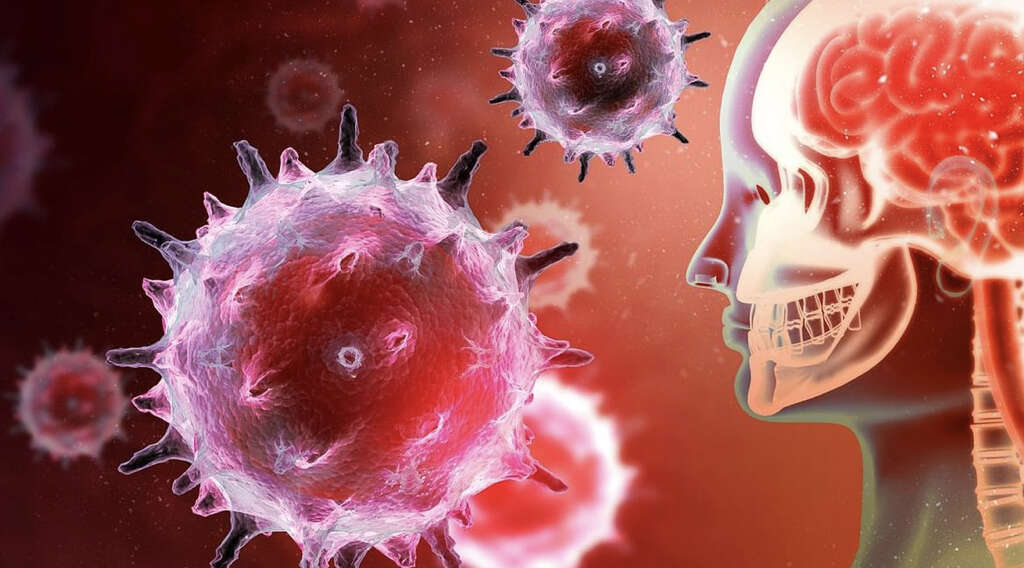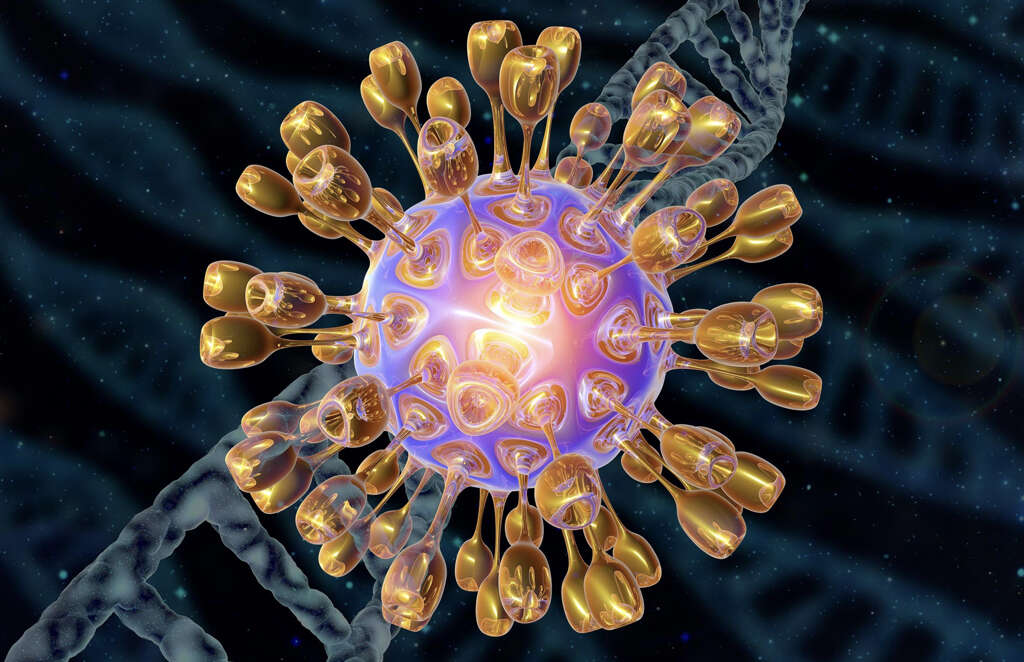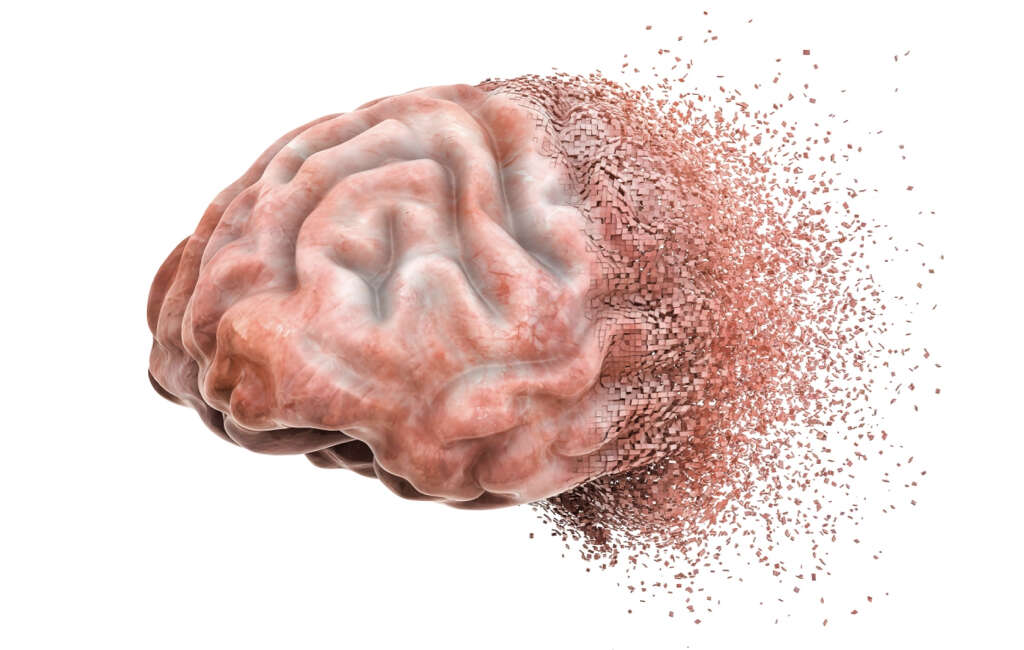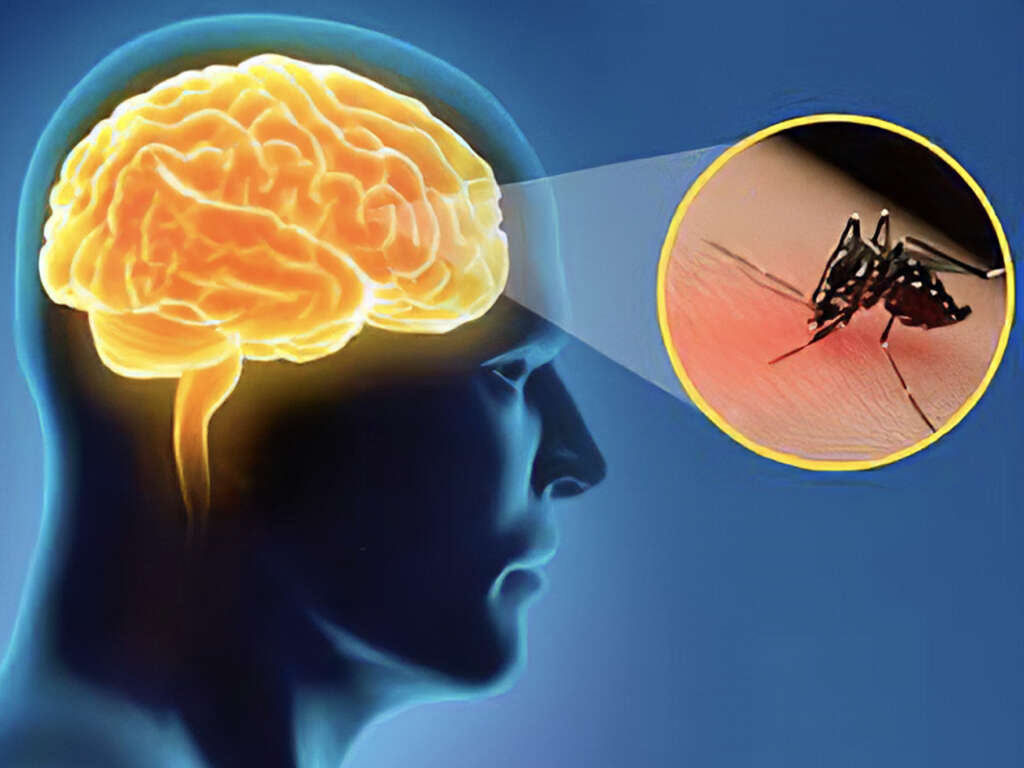What Is Encephalitis?
The terms meningitis and encephalitis are often confused. While meningitis irritates and causes swelling in the membranes that surround the brain, encephalitis is an inflammation of the brain itself. Even in previously healthy people, viral encephalitis can be serious or fatal. Symptoms range from mild, or even non-existent, to catastrophic and life-altering.
Although 500,000 adults and children suffer from encephalitis each year, it is still relatively rare in the majority of the world. Many of us do not know anyone who has contracted it. If you suspect that you may be dealing with encephalitis, it helps to know the facts surrounding this dangerous condition.

1. What Are the Types of Encephalitis?
The first type, which occurs when the brain is directly infected with a virus, is primary encephalitis. Sometimes mosquitoes and ticks carry viruses that can cause this type of infection. Primary encephalitis can also be caused by a new virus or a reactivation of one that has been dormant in the body.
Secondary encephalitis is a result of the immune system attacking the wrong part of the body. This misdirection happens when there is another infection in the body, and instead of attacking only that infection, the immune system attacks brain tissue as well. Symptoms of this type of encephalitis usually follow the initial infection by one or two weeks.

2. How Do You Get Encephalitis?
Any viral illness can trigger encephalitis, even an upper respiratory infection. The most common cause of encephalitis is the herpes simplex virus, which also causes cold sores and genital herpes. The varicella zoster virus, as well as childhood diseases such as measles, mumps, and chickenpox, can cause brain inflammation as well.
Viruses spread by mosquitos, such as the West Nile virus, can precede encephalitis. Ticks can also spread preceding viruses, such as Lyme disease and Rocky Mountain spotted fever. Less often, a parasite, such as toxoplasmosis, can cause encephalitis when contracted by someone with a weakened immune system.

3. What Are the Mild Symptoms?
A very mild case of encephalitis may have no symptoms at all. If signs of illness do appear, they may resemble the flu with a fever, poor appetite, lack of energy, and headaches. There may also be fatigue or sensitivity to light.
Because encephalitis can appear as a relatively mild case, the number of actual cases each year could be significantly under-reported. If encephalitis is suspected, even in a mild case, it is important to visit a trained medical professional for proper diagnosis and treatment.

4. What Happens When Encephalitis Is Severe?
An acute inflammation of the brain can cause high fever, nausea, vomiting, and a stiff neck. Hearing and sight problems are possible. Confusion and disorientation may progress into hallucinations and eventually a coma. Temporary or long-lasting memory loss may occur.
Although encephalitis is only rarely life-threatening, the complications of the condition can include epilepsy and seizures. Personality change and aggression are also possible. The degree of inflammation, as well as the areas of the brain that are impacted, can cause symptoms that are dangerous and frightening.

5. How Is Encephalitis Diagnosed?
Imaging tests can examine the brain. A computed tomography (CT) scan or a magnetic resonance imaging (MRI) can tell if the brain is bleeding or has swollen. An electroencephalogram (EEG) looks for unusual brain waves by recording the electric activity in the brain.
Blood tests can identify viruses and bacteria while checking for infection-fighting antibodies. A spinal tap or lumbar puncture which examines the cerebrospinal fluid for infection could reveal a high level of white blood cells or protein. A careful review of the weeks prior to the onset of symptoms may indicate the virus that triggered the inflammation.

6. How Is Encephalitis Treated?
A diagnosis of encephalitis generally means hospitalization, as better care can be given in a monitored environment. Children and adults with compromised immune systems are usually placed in an intensive care unit (ICU) for close monitoring of bodily fluids, blood pressure, breathing, and heart rate.
A few antiviral drugs may be effective in treating encephalitis, and over-the-counter (OTC) pain relievers can help with headaches and fever. Brain swelling is sometimes reduced with the use of corticosteroids, especially in secondary encephalitis. Anticonvulsant drugs and sedatives may be given for the treatment of seizures.

7. How Long Does Encephalitis Last?
A very mild case of encephalitis will result in only a few days of inflammation and symptoms. The symptoms in a more severe case can last up to a week or much longer, especially if the swelling persists. Most symptoms improve slowly, although some may resolve suddenly.
Full recovery can take weeks or even months. It can be a long and very difficult process. Some people are unable to recover completely and may be left with speech problems or memory loss. Permanent brain damage from seizures and brain swelling is possible but does not commonly occur.

8. What Is Encephalitis Like in Kids?
There are a few signs of encephalitis that are unique to infants and children. One of the symptoms can be bulging in the soft spots, or fontanelles, of the baby’s head. Other symptoms can include lethargy or increased irritability. Parents should be alert to changes in behavior.
Treatment of an infant or child is focused on reducing any swelling of the brain and preventing complications. In severe cases, the child may need a ventilator to assist breathing. Most children quickly return to normal, although some form of therapy may be part of the child’s road to recovery.

9. What Is Life Like After Encephalitis?
Some people return to their normal lives after a bout with encephalitis without difficulty or delay. Others may take up to several months, or even longer, to achieve that goal. Still others may deal with ongoing problems that are not apparent at first.
During the infection and inflammation of encephalitis, nerve cells may become damaged either temporarily or permanently. A brain injury may impact not only motor ability but also emotions and an individual’s perception of self and others. With time, patience, and hard work, recovery can be possible.

10. Can Encephalitis Be Prevented?
Although encephalitis cannot spread through contact, the viruses that precede it can be shared. Keeping sick individuals separated from vulnerable populations such as children, the elderly, and those with compromised immune systems, is always a good idea.
Avoid being around mosquitoes, which tend to be more prevalent at dawn and dusk. Insect repellent is generally effective for mosquitoes and ticks, but long sleeves and long pants are also a good idea. Be sure to check your kids and yourself for ticks after time outside and in the woods.











